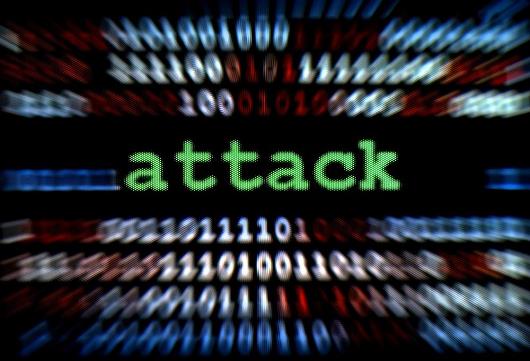Internet provides a great way to connect and communicate irrespective of the distance. People across the world have come closer via web. People have found a new way of life through the internet but there are some disadvantages to which no one can deny. It is natural that with rise of good, bad also finds its way. Technology is continuously evolving to help the human race but there are some from this race who believes in destruction rather than construction. People do great things and innovate for good.
Similarly, there are people who work against it and there come the malicious contents and attackers into picture. Yes I am talking about Cyber Crimes which have always haunted good people with their powerful and destructive attacks. In the past years there have been several cases of Cyber Crimes and targets were individuals, companies, banks and even the military and government agencies. I was a bit curious and found this interesting list of biggest Cyber Attacks of all time but mentioning all was not possible in one post so I opted for my top 5 Cyber Attacks of all the time. Let’s have a look –
Cyber Attacks of July 2009
Unites states and South Korea were the prime targets of these serial attacks. Attackers coordinated the attacks on major government, financial websites and news agencies of these countries. It also involved the activation of botnet. Several computers were hijacked that caused overloading of servers by flooding traffic (DDoS Attack – distributed denial of service attacks).
Aurora Attack – Second half of 2009
Attack name was Operation Aurora which was conducted by the Elderwood group based in Beijing, China. It was somehow related to People’s liberation Party as well. Attacks were persistent and advanced which persisted throughout the second half of 2009. Apart from Yahoo; Rackspace, Juniper Networks and Adobe Systems were the prime targets. The purpose of the attackers was to attain the control on code repositories to modify them.
PayPal Attack – Dec 2010
The whole of the world uses PayPal for financial transactions and hence it was a potential victim of attacks. In late 2010 they got targeted after which they opted to impose several restrictions on the access which was not easily taken by their users.
Canadian Government – February 2011
Three departments of Canadian government were under attack. Attackers had IP addresses from China and the purpose was to get some classifies information back to them. Cyber Security personals had to isolate these three departments from the world by cutting off the internet access to them.
Citigroup Attack – 2011
Money and power attracts the most and hence most of the time hacker’s prime targets are financial institutions, banks and government. One of the strongest and largest financial giant of the world got under attack in 2011. In this attack over 200,000 customers information (contact details to account numbers) was compromised. It resulted in a loss of $2.7 million for the company.
Now if I talk only about problem then it sounds not good. Hence I did some research on what a System Administrator; the person responsible for information security can do before the attack to prevent them. There are two very basic standards which need to be followed by them are “Principle of Least Privilege” and “Segregation of Duties”. The first one restricts the extra privilege needed by any employee for his job. The later one enforces multiple people with specific authorities and jobs which will disallow a single person to perform all the tasks from initiation till end. But this is not enough proper antiviruses must be installed in the system and regular updates and patches must be installed to prevent any potential attacks. Some really good antivirus like Avast can keep the systems highly secure. There are several companies Secunia provide Enterprise patch management software for companies since 2002 which can take away almost all of your information and system security worries. It will be a good idea to have anti-malware software like “Bitdefender Antivirus Plus” and keep malicious content away.
System Administrators themselves should be active and aware of most of the potential glitches that can cause issues later. They should be updated with all the advance technologies and their potholes.
By applying the basic guidelines of security and keeping the staff updated can help enhance the security controls of any system. Let me make myself clear even when you follow all these guidelines your systems may get attacked but yes you decrease the chances to very low percentage. So be Aware, Be Safe!

